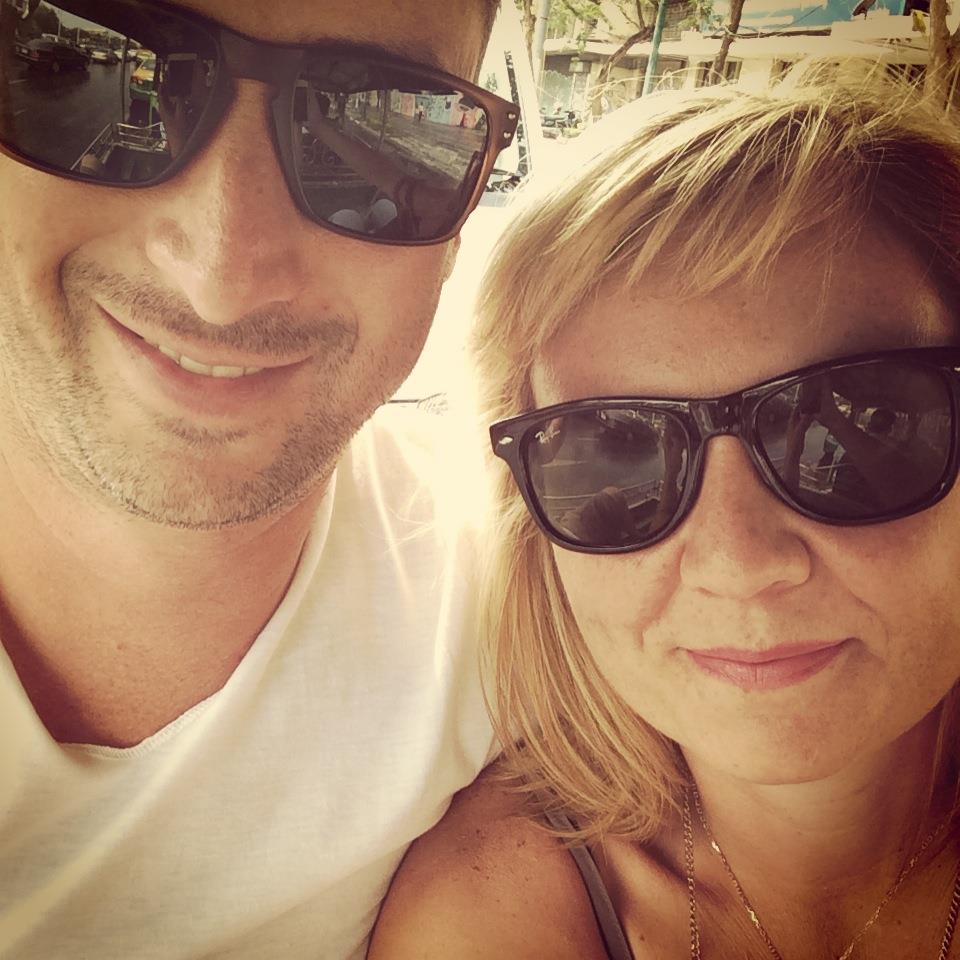Most of what I learnt about relationships came from observing my parents’ marriage.
My father has worked addictively to provide a better life for his family, and the workaholic drive in him created a sadness in my mom. I am her best friend and confidant. Perhaps she has overshared her feelings with me. She has spoken of craving a softness that my father does not seem to understand, and the only affection I have witnessed between them was when, from the backseat of our family BMW, I watched my mother put her hand over his, and he gently took her hand and moved it closer to him.
I feel responsible for tending to the happiness of my parents and the success of their marriage. Endlessly I weed, water, and sow into my mother’s life, hoping that her emotional garden will flourish. It’s challenging to have thriving self-esteem in my own romantic partnerships when continually nursing that of others.
Movies and pop songs are also a terrible source of romantic advice, as they don’t express challenging, emotional, and painful experiences. Romantic comedies don’t portray that it’s “normal” in a healthy marriage to feel bored or unsettled at times.
Our conditioning of adults who fix, save, and chase each other before living happily ever after left me jumping from relationship to relationship, seeking what I will inevitably never find in another person. Not even a man like my husband.
My husband and I both have childhood backgrounds of uncertainty, and this discomfort remains with us. We have both made many mistakes. When he made a mistake, I would act out my anger as a projection of perceived rejection. I kept asking myself, “Is he the one?”
We reached the point of being on the brink of divorce. We were either going to need to change everything to stay together, or find a legal mediator to facilitate the best way forward separately. We struggled with the decision, even though we were still in love with each other. We both decided that we wanted to save our relationship.
Perhaps ours is an untypical love story, but I hope that our lessons will speak to anyone wrestling with hurt, betrayal, or accepting all parts of their imperfect humanness. The below observations are my honest labor of love.
Here’s what happily ever after could look like, and let’s be honest, none of it is considered classically romantic.
My four tips to happily ever after:
1. Get honest early.
We know it takes work, daily work, for a marriage to be loving and peaceful. We attended pre-marriage counselling to get our union off to a good start. We gained tools and knowledge to get over the bumps quicker, but we were too ashamed to be completely honest. We kept our secrets hidden, and instead only skimmed the surface, addressing general issues and concerns. We didn’t trust each other enough to tell the truth about what we were struggling with, and inevitably, all our secrets got exposed later in hurtful ways that nearly ended the relationship.
2. Resolve past hurts by building trust.
If the trust gets broken, it might be a long road to recovering the relationship to a place of safety. We began to keep our word. The small things count; if we say we’ll be home by nine, we make sure we do it. We agreed that no electronic devices should be kept secret or password protected. But this was a conversation to clarify our non-negotiables. Small steps over time can create change and healing.
3. Begin with yourself.
Taking responsibility for our own actions and consequences in any relationship is never easy. I had to be willing to do the work, firstly on myself, and later with my partner, to create a more vulnerable, more authentic marriage than before. My work includes looking at my upbringing, belief systems, and how I communicate, with an understanding that my viewpoint comes from a childhood where I may not have had the best examples modelled to me. There is always room for improvement and more inclusivity for a better outcome. Mostly, I have often had to open up to the idea that I might be wrong.
4. Seek professional help.
Once the decision is reached for healing to occur, a couple needs to experience repeated experiences of something different. It must be clear that recovery will not happen if infidelity, substance, or emotional abuse continues. Negative communication and a poor understanding of connection can leave couples feeling hopeless, angry, or misunderstood. The solution here may be seeking professional advice from a neutral party who can navigate communication without either person getting defensive, shaming, or becoming overly apologetic.
Creating the relationship you desire with the person you love most is like a living, breathing entity. It’s constantly changing, needing adjustments, and requiring challenging work to survive.
Under no circumstances am I suggesting that any individual should remain in an abusive relationship, or when individuals are better apart, that they should stay miserable in an unsalvageable marriage. Meanings and impacts of events can differ significantly from one relationship to the next. If either or both partners decide not to work toward change, staying in the well-intentioned commitment won’t be achievable.
Stronger relationships are created by working through negligent behaviors, as this builds resilience. Saving a marriage takes a lot of work, requires commitment from both spouses, and realistically won’t happen overnight—but it can happen. Your yearning for a loving connection is possible, and couples may be able to repair any damage from the past.












Read 2 comments and reply